In many areas of Africa, livelihoods are based on the sexual division of labor. At the same time, people are also beginning to engage in new livelihood activities, building on the skills and local knowledge they have developed on the basis of their livelihood activities, called gender-based knowledge, as a result of their engagement with external actors and policy influences. By examining each such case study, the es-project examines the process by which local knowledge and skills are transformed into new activities for the community.
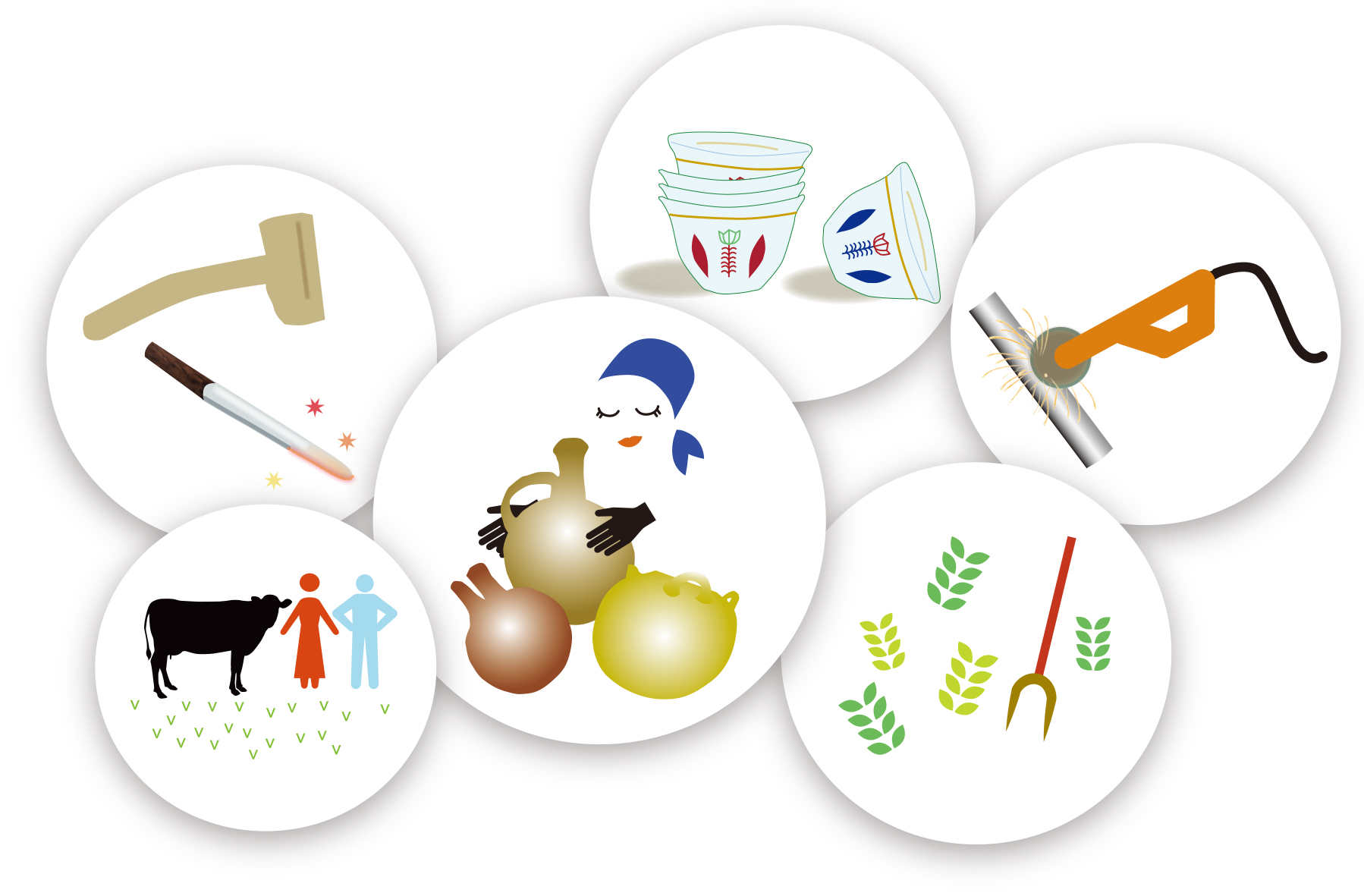
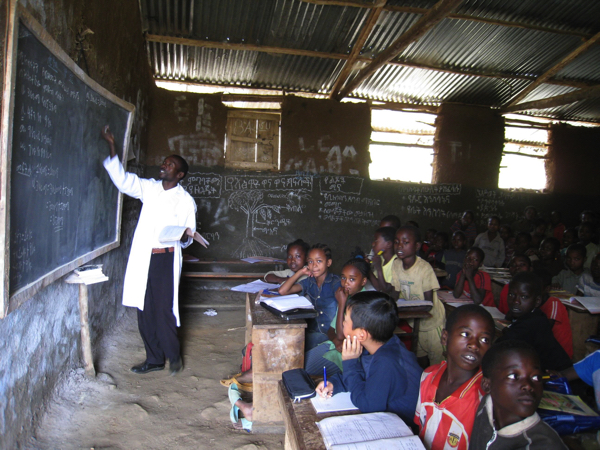
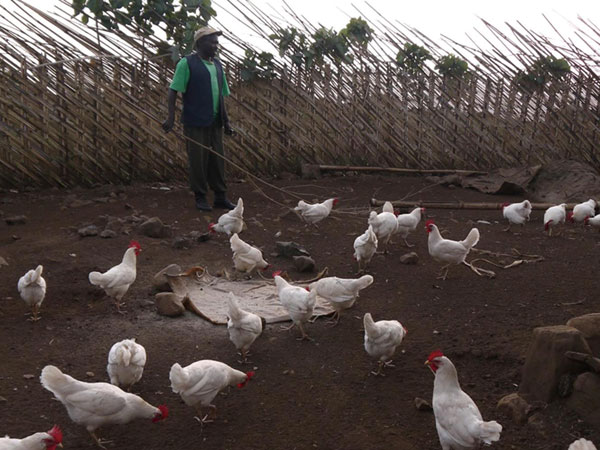
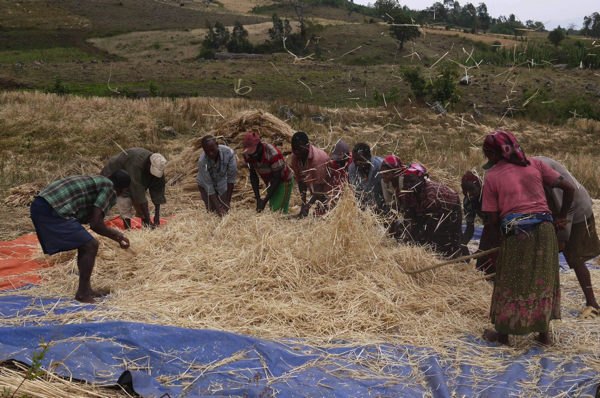
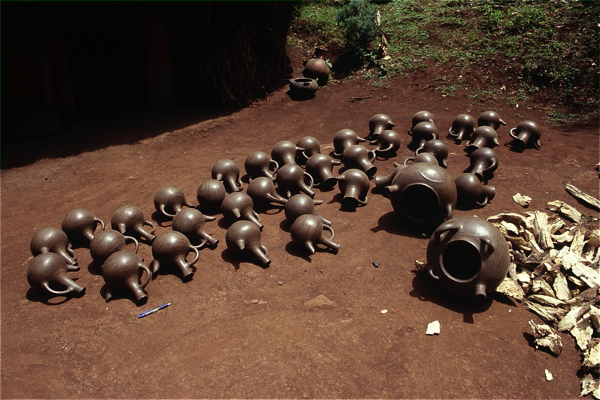
Projects on this issue
- JSPS Scientific Research Fund-B on Comparative studies on formation of gender-based local knowledge in Africa
[No.17KK0025], AY2017-AY2019.
PI: M.KANEKO, Co-I: Getaneh M(AAU)、Mamo H. (AAU)、Samuel T. (AAU)
Major achievements
- M. KANEKO & M.SHIGETA 2020 Introduction to This Special Topic “Reconsidering Local Knowledge and Beyond”, M. KANEKO & M.SHIGETA (eds.) Reconsidering Local Knowledge and Beyond, African Study Monographs, Supplementary issue No.59: 1-9. DOI: 10.14989/250115
- Morie Kaneko 2013 Transmigration among Aari Women Potters in Southwestern Ethiopia and the Accumulation of their Experience in Pottery-making Techniques
- Morie KANEKO & Masayoshi SHIGETA (eds.) Gender-based Knowledge and Techniques in Africa, African Study Monographs Supplementary Issue No.46: 81-96. DOI: 10.14989/173540
